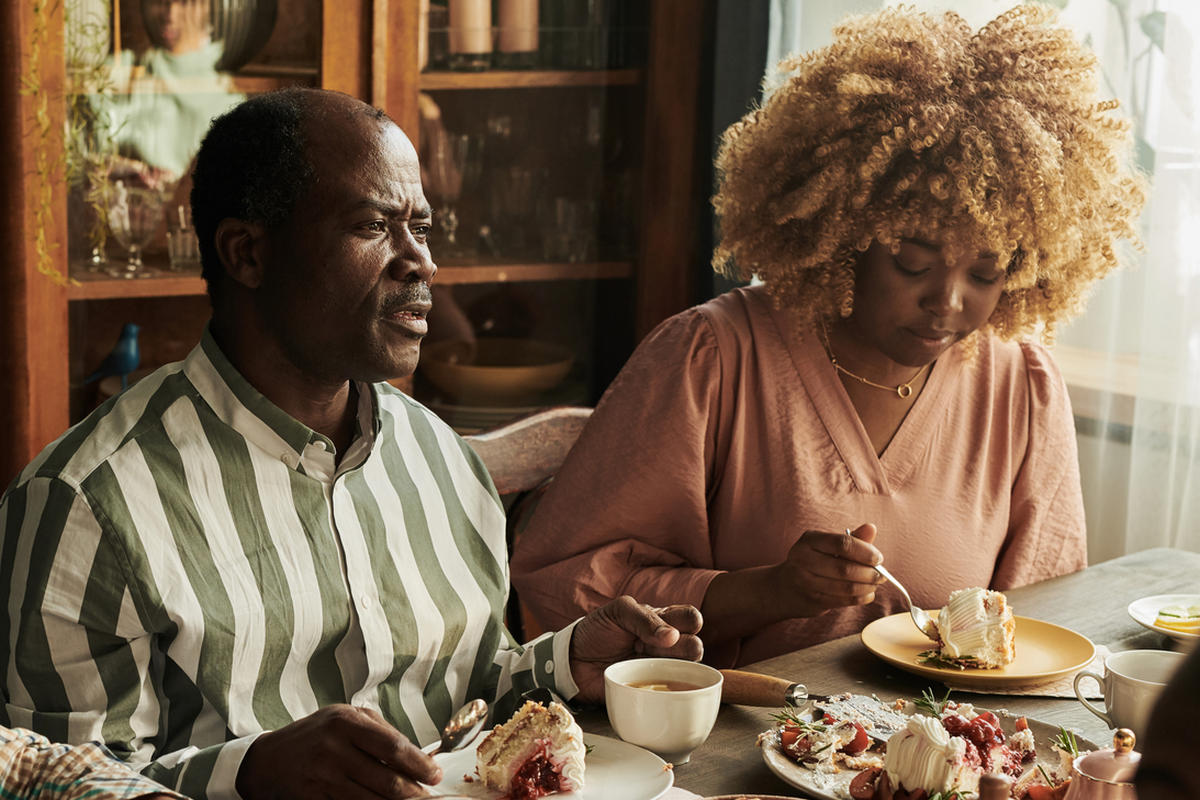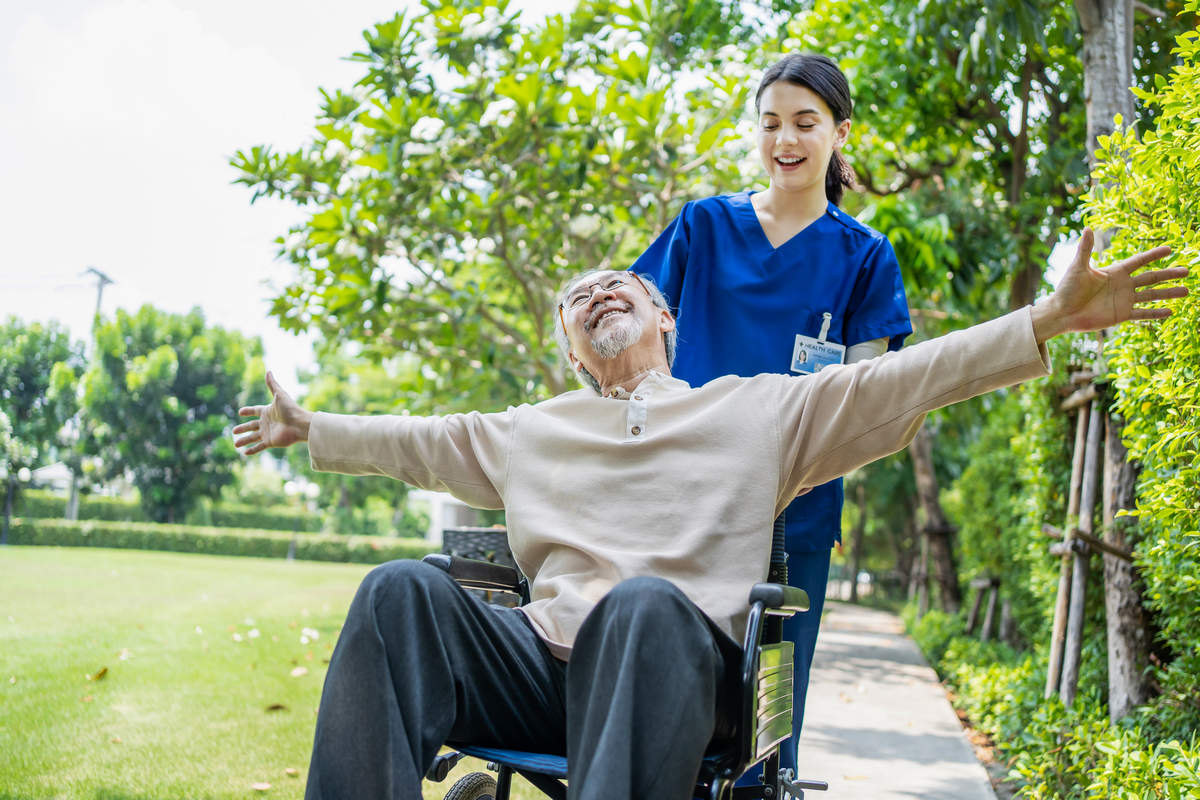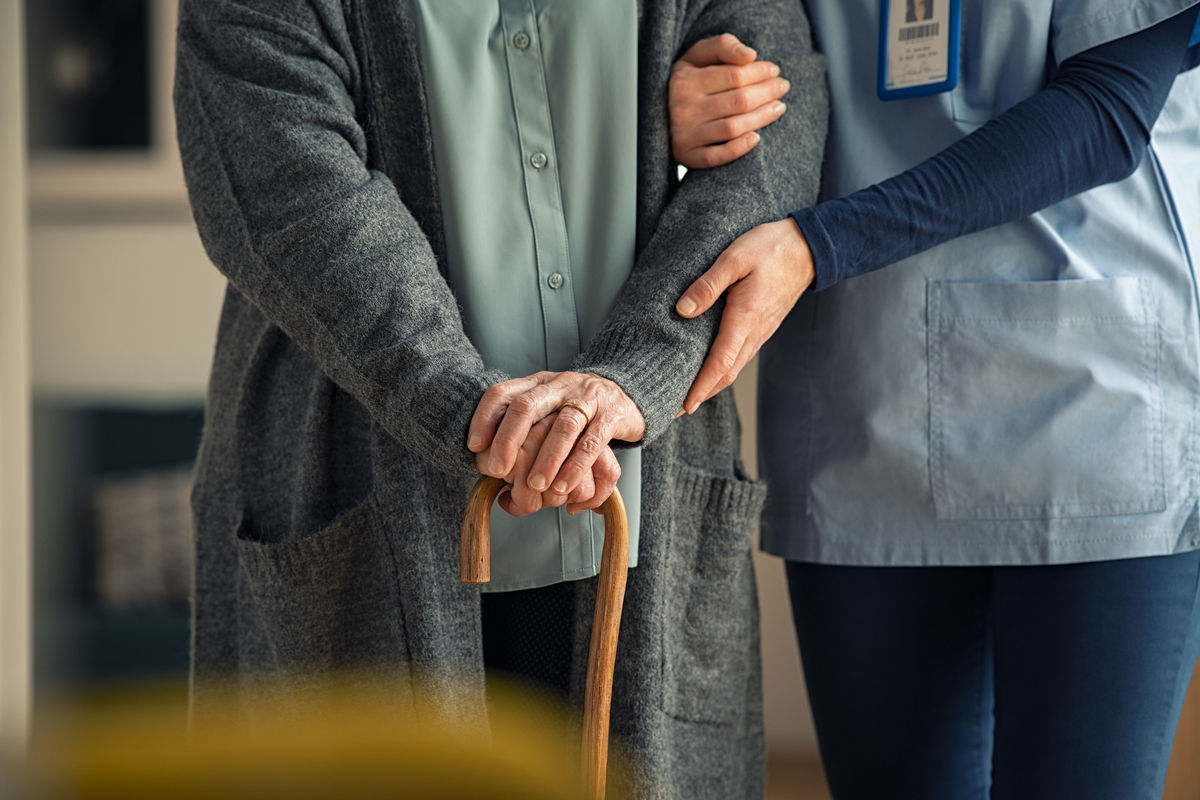Ask anyone you know who has been the caregiver for one of their family members about the complexities of their roles. They become a nurse, companion, counselor, errand-runner, and so much more. One of the most difficult aspects of the “job” is knowing what to say, when to say it, and how to say it when a loved one is struggling with anxiety and negativity.
Toxic Positivity vs. Validation & Hope
While private duty home health care agencies and nursing services receive training on the difference between offering validation and hope vs. going overboard into toxic positivity, most people have no such training. There is no magic switch that turns dark clouds into sunshine. Many people who are home-bound are in situations unlikely to resolve themselves any time soon. So how do you help? How can you be a wise caregiver?
It’s OK to be Sad & Angry
If you’ve ever faced a truly rotten situation, you know how emotions become intense. You might feel outraged and mad at the whole universe. The LAST thing you want to hear at that moment is, “you’ll get over it” or “just be positive.” Such statements come across as trite and dismissive.
Now apply the same idea to caregiving. Your loved one wants to know their feelings have merit. Of course, you don’t want them wallowing in negativity 24-7, but you also have to recognize that a person is ready to change their outlook when THEY want to, not when you want them to. Here are some better responses to an elongated case of the blues:
- This situation is hard, but I believe in you. I’m here if you need to talk, or just hold space.
- I don’t mind hearing how you feel. No judgment!
- It’s perfectly normal to feel as you do. I’m here for you. How can I help make your day better?

Never offer false hope or reassurances
In effect, toxic positivity sounds impersonal, fake, or even insulting. They’re hollow words that really don’t offer any kind of help. True support happens when you can imagine walking in someone else’s shoes and accepting their reality. This is where trained professionals like our home care team at AmeriBest Home Care Philadelphia, can relieve some of your worries about communicating in all the wrong ways. You can observe and listen to the aid or nurse, and mirror their approach.
The Truth About Support
Let’s use the example of grief. Denial, anger, and grief are all part of the human process. Here you have a person who is, effectively, grieving for the life they once had. It’s common for others to feel uncomfortable with the emotions, and that’s where toxic positivity begins.
We as a society are not taught how to openly discuss difficult scenarios, so we try to make a person feel better using the first, overused response that comes to mind. One example is, “choose happiness!” When the individual cannot seem to do that, they can begin feeling like something’s terribly wrong with them. You’re certainly not doing this with any intent to harm. Learning effective validation takes time.
Getting Help
When you reach a point where you know you simply cannot meet your loved one’s needs effectively, reach out. AmeriBest is a top home care agency located in Harrisburg and Philadelphia, PA. We take great pride in providing superior service, personalized according to your situation. You can contact us HERE, email info@ameribest.org, or call either of our offices:
Philadelphia: 215-925-3313
Harrisburg: 717-545-2920






